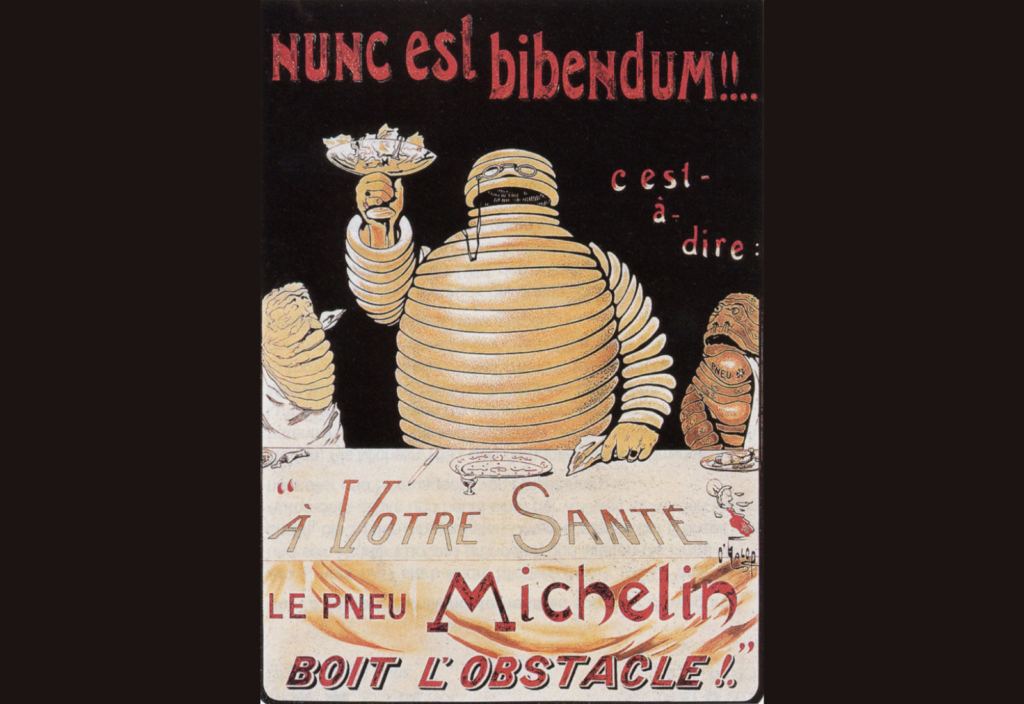Our international IP lawyers do a lot of work for clients seeking to remove listings of counterfeit goods from Chinese e-commerce sites. Most of these listings are for obviously, sometimes extravagantly counterfeit merchandise, offered in vast quantities at far-below retail prices, with pictures either lifted from the real manufacturer’s website or showing products of dubious quality, and often featuring product variations beyond those offered by the real manufacturer. The sellers are usually unsophisticated trading companies trying to make a quick buck, and we have no trouble removing these listings.
But for some listings, it’s not so clear the merchandise is counterfeit. The quantities are sometimes limited. The prices are not unreasonably low. And the goods appear to be genuine. Many clients still want these listings removed because the sellers are unauthorized resellers, but a takedown request may not be the appropriate strategy.
These goods are by and large “parallel imports” or grey market goods – authentic products legally purchased in a foreign country, imported into China, and then offered for sale. China does not have a clearly articulated position on the legality of parallel imports for trademarked goods, but courts have generally held that selling such goods in China does not constitute trademark infringement.
China follows the “international exhaustion of trademark rights” standard, which means that once trademarked goods have been sold overseas, a brand owner’s exclusive rights to those goods in China have been exhausted, and a reseller’s use of that trademark in China does not constitute trademark infringement. The contrasting standard would be “national exhaustion of trademark rights,” which would only allow resellers to use the owner’s trademark if the first sale of the goods was in China.
But just because China has a de facto policy of allowing parallel imports does not mean that trademark owners are powerless to stop sellers of parallel imports online. Sure, it may not be possible to stop the occasional seller of small lots brought over from America. But it’s the sellers who claim to be authorized dealers or exclusive resellers who are the real problem. And though a trademark infringement claim probably will not work against those companies, it may be possible to succeed with other claims. In the cases where the plaintiff has been able to stop parallel imports, the courts have ruled based on grounds such as unfair competition and consumer protection.
Recently, one of the most salient friction points between China and foreign businesses has been the imposition of standards by the former without the input of the latter. While much of the focus of the business community is on tech standards, China is also increasing regulation when it comes to other products. While on the one hand increasing regulation presents issues for companies, one silver lining is that it could strengthen legal mechanism available to deal with parallel imports.
Take for example an international snack company that manufactures “in China, for China.” One day it discovers that someone is stocking up on one of its brand products in Indonesia and shipping them to China. Trademark protection is not an option, as the products are not counterfeits. However, if those Indonesia-made products do not meet China’s food safety standards in any way, that can provide the brand owner with an enforcement avenue.
Finally, it is worth mentioning that non-IP enforcement can be a useful tool for brands, even when dealing with actual counterfeits. Almost without exception, counterfeit toys and foods will also violate safety regulations. If the IP enforcement authorities in a particular jurisdiction are apathetic, or being difficult, or potentially in cahoots with counterfeiters, brands should consider knocking on the doors of the departments responsible for regulatory compliance. It is not a guaranteed panacea, but it could bring new people with different priorities into the mix. A particular government might not care much for international brand’s cries about brand dilution, but it might care about the prospect of a child getting sick from poisonous paint on a toy or tainted food.

























